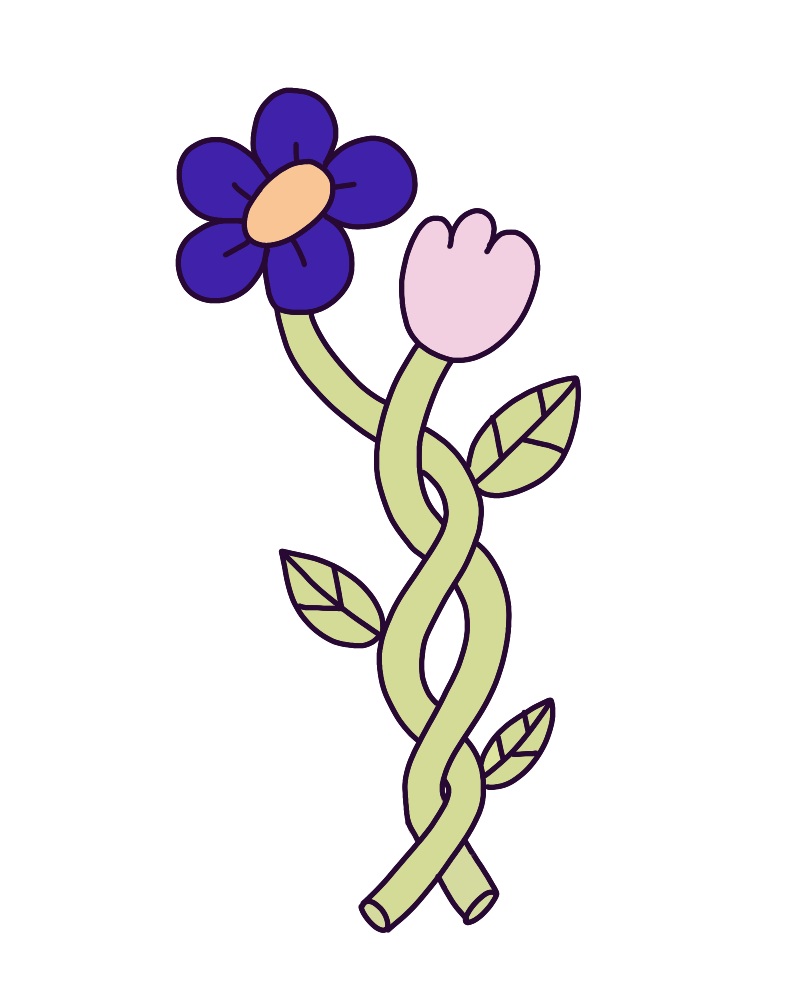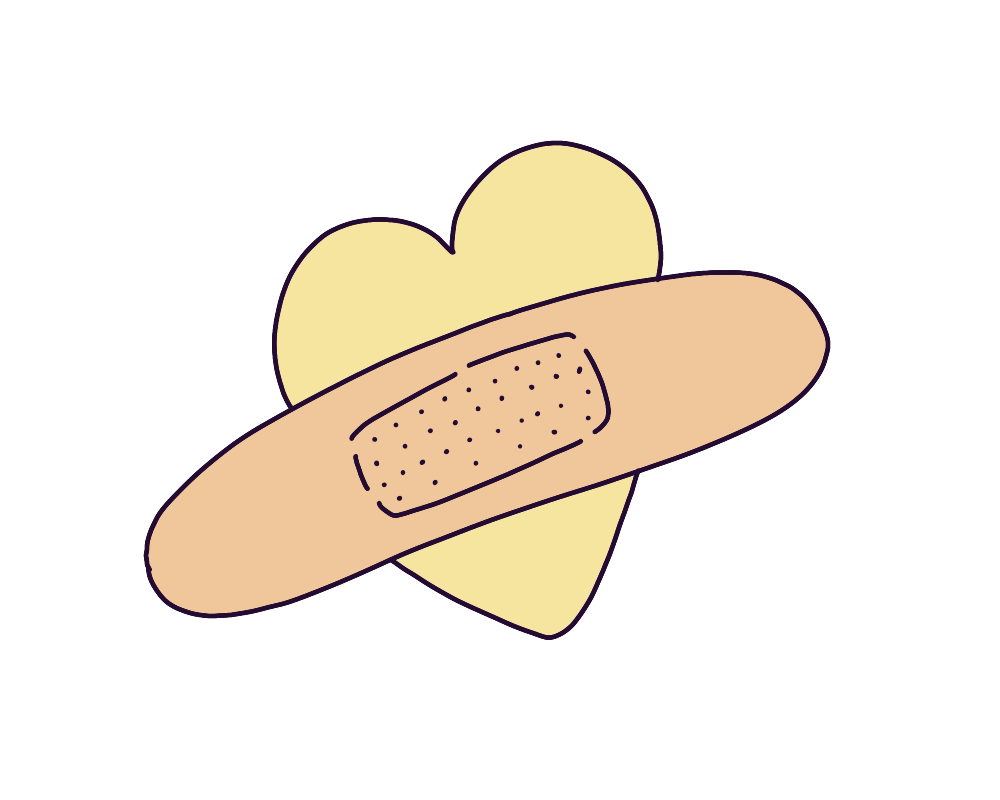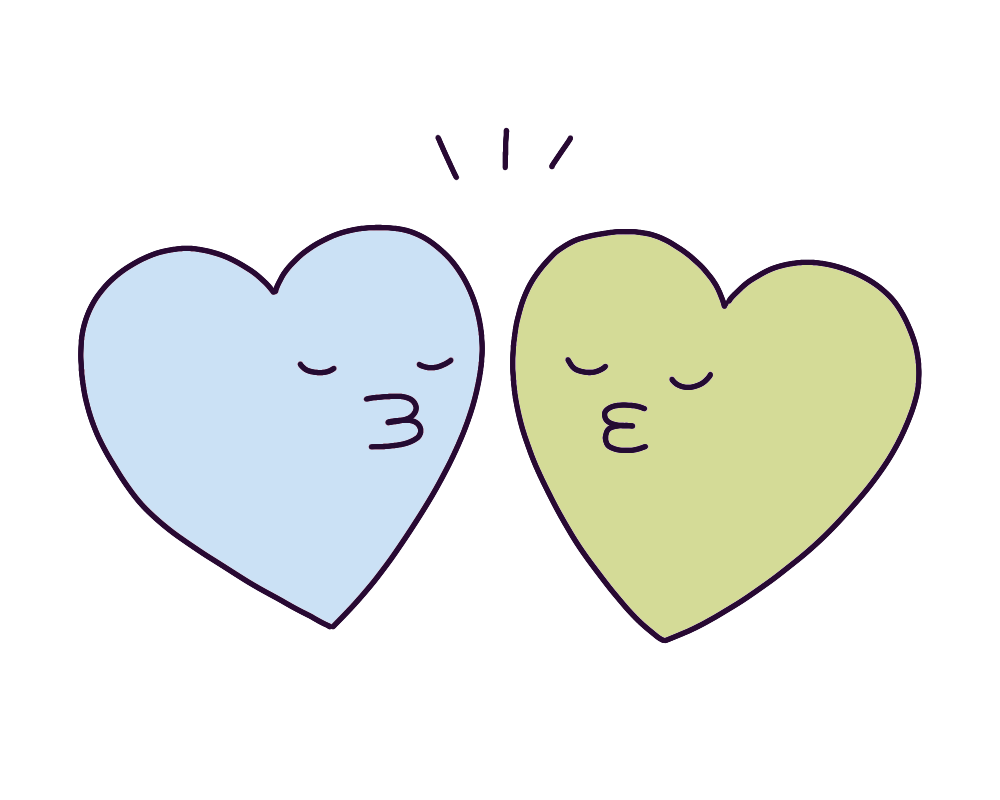Loneliness and social connection
If you’re feeling lonely, you’re not alone.

Loneliness or a lack of meaningful connection is a really common issue for young people. In fact, young people are one of the groups in society most at risk of feeling lonely in Australia.
🤔 Did you know?
More than half of young Australians feel lonely. The National Youth Mental Health Survey (Headspace) shows 54% feel a sense of loneliness. You can read more [here] .
What do we mean when we talk about loneliness?
Loneliness is both an experience and a feeling. It's about feeling you don’t have the amount of meaningful and fulfilling relationships that you’d like to. So for example, you can still feel lonely in a big friendship group because you may not feel as close to your friends as you’d like.
The opposite of loneliness is social connection, and it is a really important part of everyone’s mental and physical health.

Why do people feel lonely?
There are four main different reasons why people feel lonely. You can feel a sense of:
- Social loneliness, which is when you feel like you don’t interact with other people or your community enough.
- Emotional loneliness, which is when you feel like you don’t have enough meaningful relationships.
- Existential loneliness, which is when you feel unclear on your reason for being in comparison to others around you.
- Chronic loneliness, which is when a person has been alone for so long that somebody feels unable to or afraid of reconnecting with other people.
Social, situational, emotional, chronic and loneliness often overlap, and they can develop at any time. That said, there are periods in everyone’s life where the risk of feeling lonely is higher than normal. We’ve listed these below.

Some common reasons why people feel lonely include:
How do I know if I am feeling lonely?
One of the real challenges of loneliness is that it can make you feel like you don’t want to, or can’t hang out with other people. This can be a cycle, and the lonelier you get, the more difficult it can be to get out of the rut.
Some examples of things that can happen when you’re lonely:
- Feeling anxious or angry in general, even over small things
- Thinking others are out to get you, or don’t like you
- Saying or doing stuff you might regret later to impress others or get attention
- Being more likely to believe things that are untrue, or conspiracy theories
🧐 Did you know?
Some studies have shown that people who watch porn are more likely to experience loneliness, and people who experience loneliness are more likely to watch porn.
Source: "The Link Between Pornography and Loneliness", by Devon Frye. You can read more [here] .

Sex, gender, relationships & ;oneliness
Young men and young women are often raised with different sets of expectations from society, which can lead to differences in how they experience loneliness.
If you've been taught to be ‘tough’ and not rely on others, or think that talking about your feelings makes you ‘soft’ or ‘weak’, you may have difficulty reaching out and maintaining meaningful connections with other people.
On the other hand, if you've learnt that you need to put in the work to maintain relationships, this can help you with making connections, but this can also feel unfair if others are not putting in the same effort to anticipate and to care for other people’s needs.
Love and loneliness
In relationships, we are sometimes also taught to expect that a single person can fulfil all our social needs, as a ‘soul mate’. In reality we need more than just romantic relationships to keep us from feeling lonely. Friends, family, classmates, workmates, and even the neighbour you wave to, are all important for feeling connected.

What can we do to build more meaningful connections?
The first important thing is to know that it takes time to build a network of friends and connections that you find meaningful. It’s also about quality over quantity, that is, it’s better to have fewer deeper relationships than a large number of shallow relationships. This is why you can feel lonely even in a crowded party where you know everyone. You may find that to feel like you have a better quality of relationship you want to work on building on your current relationships, or perhaps you want to find opportunities to make new friends. Just know, both these things will take time and intention to develop.
If you are feeling lonely and need some support:
- Lifeline - Call 13 11 14
- Beyond Blue – a free helpline that provides advice and support via telephone - 1300 22 4636 and Beyond Blue web chat (between 3pm-12am)
- Mensline Australia – 1300 789 978
- Kids Helpline - 1800 55 1800
- SANE - forums for peer-to-peer support
- Ending Loneliness Together
- Friends for Good
❓ What are some activities that you might be interested in to improve existing or build new relationships?
If you are on the lookout for the types of activities that help build meaningful connection here are some good ingredients to think about:
Help us improve this info by letting us know how you found it.
Start
Exploring what feels good and doing what works for you
